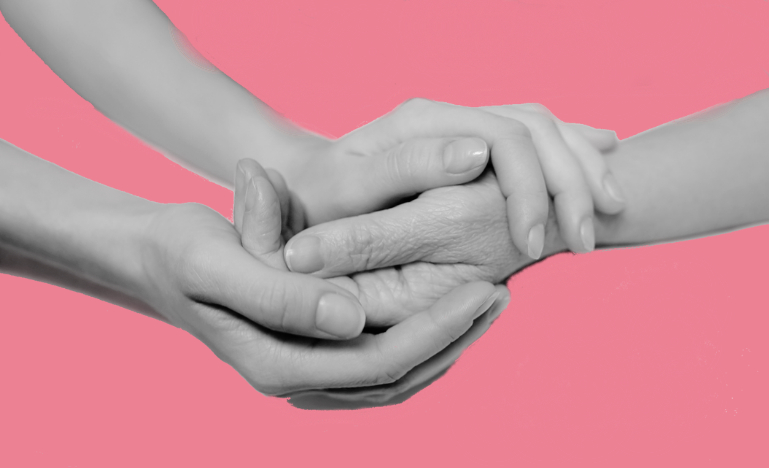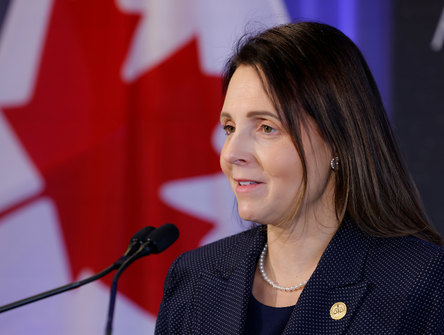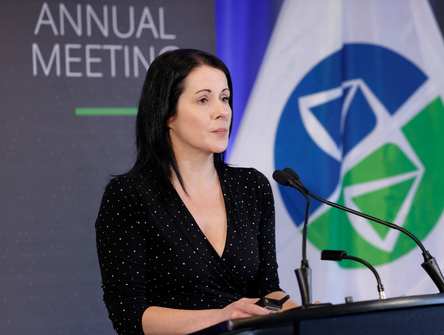MAiD and psychiatric conditions
A proposed resolution to be debated at the CBA's upcoming annual general meeting calls for withdrawal of previous CBA statements.

A resolution moved by Garifalia Milousis asks the CBA to withdraw previous statements in support of making medical assistance in dying (MAiD) available to people whose sole underlying medical condition is a mental illness. At the 2016 AGM, the CBA adopted a resolution on Medical Assistance in Dying and Psychiatric Conditions.
The mover bases the resolution on several factors, including that the Supreme Court of Canada's 2015 ruling in Carter v. Canada (Attorney General) striking down the prohibition against physicians assisting in the consensual death of another person did not address psychiatric disorders because it fell outside the parameters of its decision.
As well, the resolution cites the 2018 Council of Canadian Academies report that found no medical consensus on the irremediability of psychiatric conditions. This report, the resolution explains, "found that marginalized populations—including women, Indigenous communities, LGBTQ+ individuals, and youth—experience or are at risk of experiencing mental disorders at disproportionate rates."
The mover claims that extending MAiD to persons whose sole underlying medical condition is a psychiatric condition "would have a disproportionate, gendered impact and risks violating s. 15 of the Charter."
This is why the resolution asks that prior CBA statements supporting MAiD for those whose sole underlying condition is a psychiatric condition be withdrawn and that the CBA urge the federal government not to extend MAiD to those people "unless and until there is a reliable manner to determine whether the psychiatric conditions are irremediable."
Finally, it proposes that CBA urge all levels of government to make mental health support accessible, including with proper funding.
Have your say on the discussion board.


